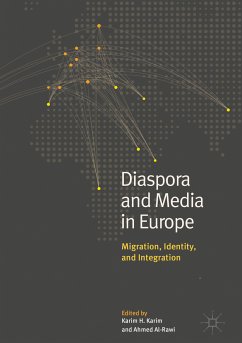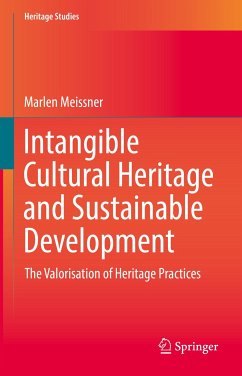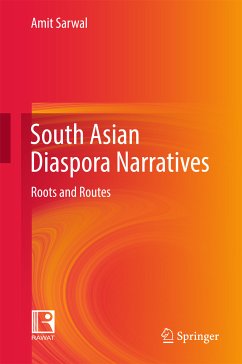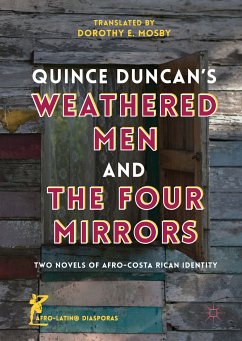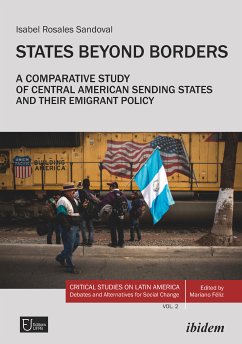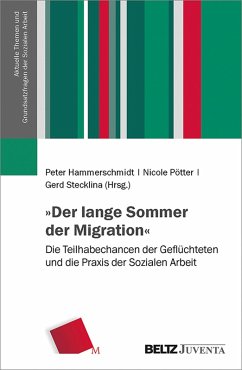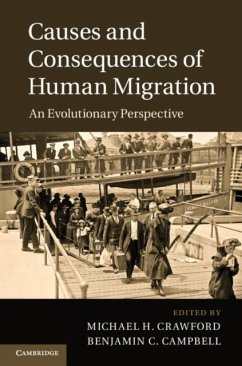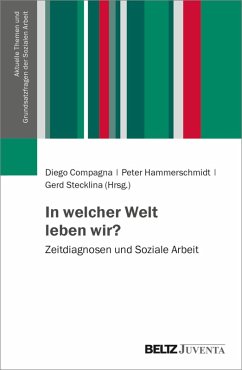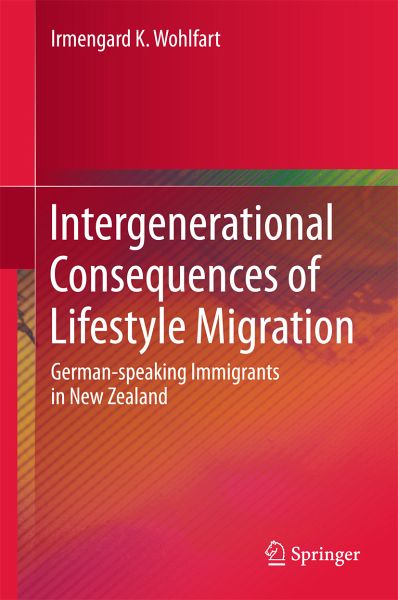
Intergenerational Consequences of Lifestyle Migration (eBook, PDF)
German-speaking Immigrants in New Zealand
Versandkostenfrei!
Sofort per Download lieferbar
40,95 €
inkl. MwSt.
Weitere Ausgaben:

PAYBACK Punkte
20 °P sammeln!
This book explores the adaptation processes of German-speaking immigrants and their descendants into New Zealand's predominantly Anglophone society. Specifically, it considers the experiences and long-term consequences of the migration of more affluent European immigrants to New Zealand, where migration was predominantly a lifestyle choice.A comprehensive four-year study adds insights into the social integration and assimilation processes of the immigrants and their descendants, including intercultural marriage behaviour, work and educational achievements and community enrichments. It also con...
This book explores the adaptation processes of German-speaking immigrants and their descendants into New Zealand's predominantly Anglophone society. Specifically, it considers the experiences and long-term consequences of the migration of more affluent European immigrants to New Zealand, where migration was predominantly a lifestyle choice.
A comprehensive four-year study adds insights into the social integration and assimilation processes of the immigrants and their descendants, including intercultural marriage behaviour, work and educational achievements and community enrichments. It also considers the institutional and social reception of these immigrants and their children in New Zealand, and the effects these have had on them.
Nexus Analysis reveals that strong motives for lifestyle migration enabled the immigrants to cope with unexpected institutional setbacks in New Zealand, and finds both shifts and maintenance in language and culture, and explores feelings of belonging and identities across three generations.
A comprehensive four-year study adds insights into the social integration and assimilation processes of the immigrants and their descendants, including intercultural marriage behaviour, work and educational achievements and community enrichments. It also considers the institutional and social reception of these immigrants and their children in New Zealand, and the effects these have had on them.
Nexus Analysis reveals that strong motives for lifestyle migration enabled the immigrants to cope with unexpected institutional setbacks in New Zealand, and finds both shifts and maintenance in language and culture, and explores feelings of belonging and identities across three generations.
Dieser Download kann aus rechtlichen Gründen nur mit Rechnungsadresse in A, B, BG, CY, CZ, D, DK, EW, E, FIN, F, GR, HR, H, IRL, I, LT, L, LR, M, NL, PL, P, R, S, SLO, SK ausgeliefert werden.



